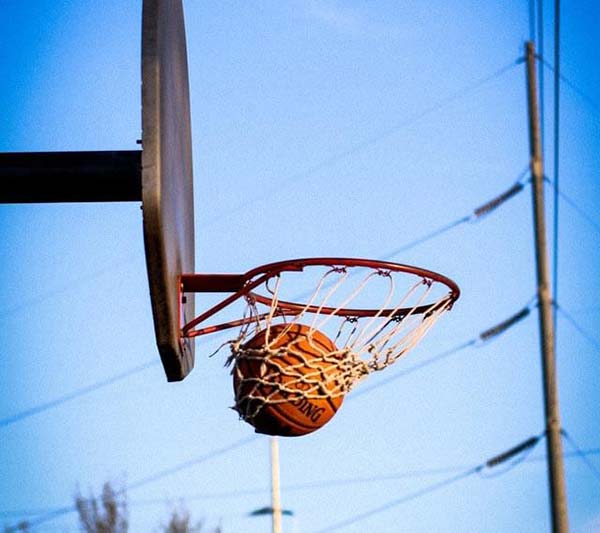
Positive Effects of Sports on Academics
By Fred Walker Posted in SPORTS
There’s a reason why youth and college sports are such a mainstay of the American educational experience. There are studies showing the positive health benefits of sports for youth. There is even more data on how sports help students academically. Here’s why it’s important for kids to play sports and the positive effects of sports on academics in the American educational system.
How Does Sports Help Students Academically?
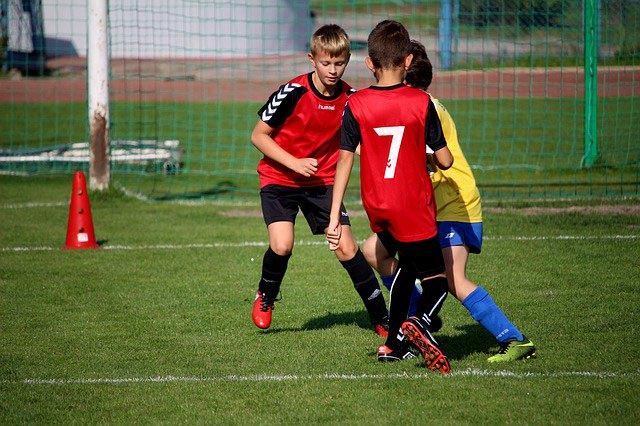
Image by Michal Jarmoluk from Pixabay
Most parents realize when young people participate in exercise that there are many health benefits. But there is also an academic benefit that you may not realize as an added bonus of having an athletic overachiever in the family.
While some parents may believe that devoting curriculum time to physical activity has a negative effect on academic achievement, the opposite is true. The research shows that participating in physical activity or sporting events help students achieve higher levels of academic performance. For example:
- A Harvard University psychiatrist wrote a book describing the link between exercise and the brain. After taking MRIs of sedentary people who improve their fitness, the regions of the brain associated with learning and thinking showed increased activity.
- Another study of 5,000 children and adolescents showed a link between exercise and exam success in math, English, and science. The study showed it took just about 15-minutes of exercise on average to increase test scores.
- The U.S. Centers for Disease Control (CDC) looked at 50-scientific studies to determine the positive effects of sports on academics. They found there were benefits in academic achievement, academic behaviors, attitudes toward learning, and cognitive skills.
Florida National University reports on the scientific data that’s out there today:
“Studies have consistently demonstrated that physically active people are not only healthier but also perform better on tests of cerebral or intellectual ability. Some studies even indicate that the results can be expedient; even a quick 5-minute walk can yield immediate results. Most studies show that the more exercise students get, the more proficient their mental faculties and cerebral performance can become.”
The science is out there, and it makes a strong statement that any soccer mom will recognize: There is a positive link between exercise and academic achievement, whether your child is in peewee football or college track.
What Are the Health Benefits of Sports for Youth?
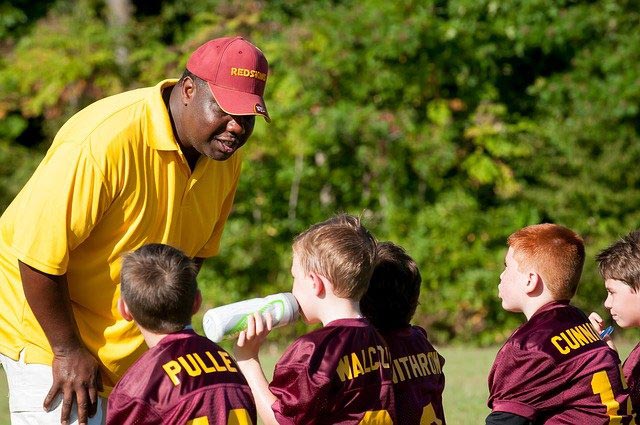
Sports offer both academic and health benefits for youth. Here are just a few that scientists and educators have recognized:
- Better focus. Exercise helps students focus their concentration in a learning environment. These students are calmer in the classroom and more focused. Their memories improve, and their ability to absorb educational material increases.
- Increased cognition. Sports increases cognition by increasing blood flow to the brain. Endorphins and norepinephrine, two “feel good” chemicals, release into the bloodstream during exercise, stimulating new nerve cells, and strengthening brain function.
- Fosters teamwork. Youth sports helps students learn to work together, creating a shared sense of identity, purpose, goals, and fellowship between people. This teaches valuable skills these students use for the rest of their lives in the work world and in their communities.
- Improved health outcomes. Frequent physical activity decreases cardiovascular risk through to adulthood. It can also correlate with lower drug and alcohol use in school.
- More positive mental health. Sports improves a child’s mental health by creating a connection with others as well as creating a healthier mood, lowering anxiety, and increasing self-confidence. Exercising regularly gives students higher levels of self-esteem and lowers depression, which is particularly important during those moody teenage years!
Beyond these health benefits of sports for youth, there is the benefit of learning new skills and internalizing values that help throughout a student’s life. These young athletes are more likely to be active participants in the community and go on to lead fuller, active lives.
Why Sports Are Important for Youth
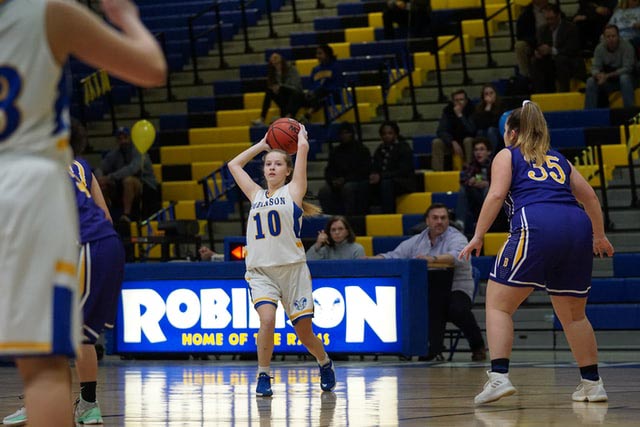
Photo by Jeffrey F Lin on Unsplash
Students become involved in athletics for all kinds of reasons. Today, there are a variety of sports for male and female students to engage in. Parents should encourage participation in these extracurricular activities to reap these ten benefits.
Athletes represent their community on the athletic field. Visit a high school campus on a Friday night, and you will understand what these athletes mean to the people in the stands. This feeling of community gives students the comfort of finding a place in your home city and having a sense of belonging to something greater than just themselves.
1. Healthier Kids
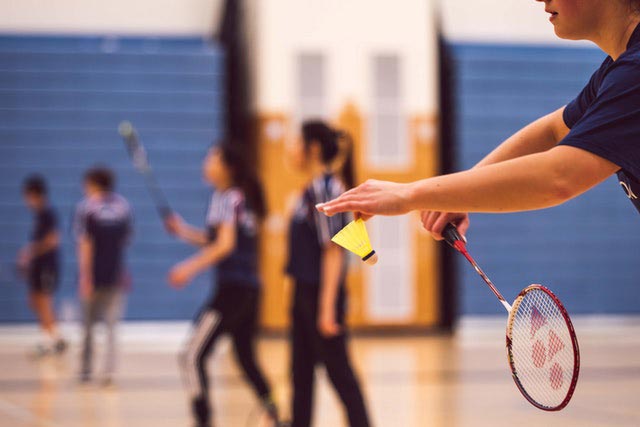
We’ve talked about the health benefits of sports for youth, which is worth mentioning again because childhood obesity is an epidemic. The CDC says 13.7 million children ages two to 19 are considered to have a body mass in the obese range. This puts their health at serious risk.
2. Better Scholastic Achievement

Photo by olia danilevich from Pexels
An active body fosters an active mind, and there is ample data showing student athletes have better scholastic achievement, participate more in school, and go on to higher education in their later years.
3. Teaches Soft Skills

Photo by Max Fischer from Pexels
Student athletes learn soft skills such as patience and persistence and the value of goal setting and achieving it. These are characteristics that the student will carry with them for the rest of their lives.
4. Learn to Work Together

Collaboration and teamwork are some of the most critical job skills that employers look for today. Every team player on the athletic field understands the value of many over the few instinctively. Student athletes learn to figure out their place on the team as part of that process; are they a leader or are they more comfortable in a supporting role.
5. Connections With Role Models

Photo by Adrià Crehuet Cano on Unsplash
Athletes develop positive role models in their coaches and their team leaders. It gives these students the guidance they need during their formative years. These mentors teach the value of hard work and respect, as well as good sportsmanship and the notion playing fair. Like teamwork, these are skills that will stick with these students forever.
6. Form Strong Bonds
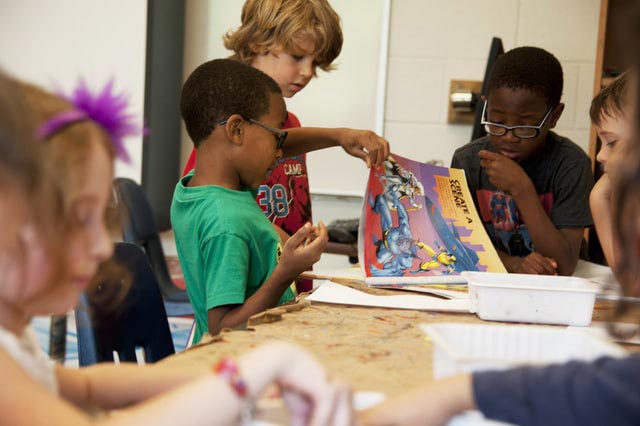
Strong social bonds occur on the athletic field. During high school and college, especially, having these friendships is partially why adults look back so longingly on these years. Student bonding while working together on a team creates a more meaningful experience, and some of these friendships will last into adulthood.
7. Fosters Leadership Skills

Photo by Constantin Shimonenko on Unsplash
Leadership is another big reason why sports are essential for youth. Learning valuable leadership skills by playing organized sports helps mold these students into better people. Our communities can reap the benefits of these experiences as these students turn into good people in our neighborhoods and on the job.
8. Values Time Management

Time management is something so many adults struggle with. The student athlete learns to balance workouts, homework, home life, and sporting events. These experiences teach incredible organizational skills that turn these young people into more productive adults over time.
9. Develop Problem-Solving Skills

Participating in youth or college sports gives students a “make it happen” success mindset. They learn creative ways to solve problems. They learn to not give up until they reach their goals. They also learn how to lose gracefully, shake themselves off, and try again.
10. Connection to the Community
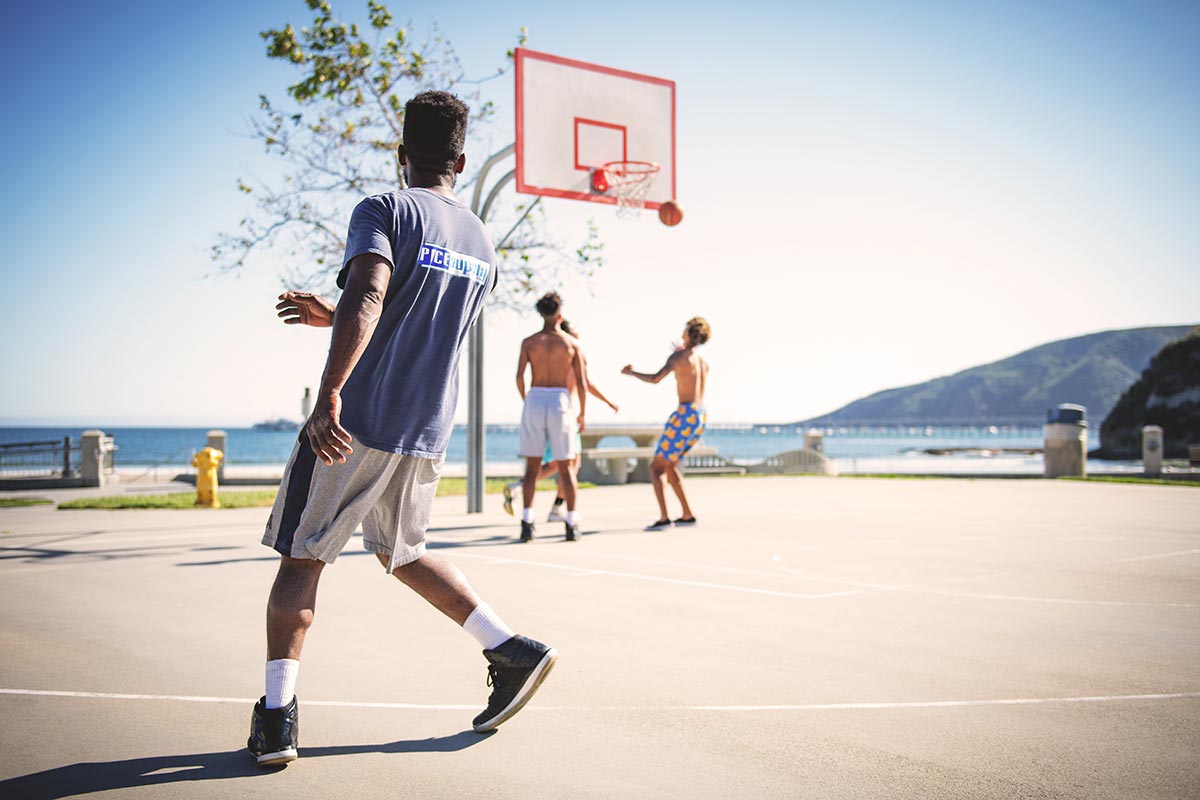
Sports give youth an opportunity to be more connected with their community. This happens through sponsorships by local businesses, connections with other parents, and a sense of pride in representing a school or organization.
The positive effects of sports on academics are myriad. They affect the student’s health, improving heart, lung, and brain function. They also improve the student’s concentration and academic prowess. Finally, exercise and organized sports teach valuable life and job skills that the student will take with them long after their days on the field of play are over.












